I need a help in escaping single quotes in postgresql insert. I am using a ETL tool for data extraction from source and loading in a postgresql database.The Select statement includes some variables.
For example My select query is
SELECT ${UNIVERSITY},date from education.
The variable ${UNIVERSITY} has the value Duke's university. This statement gives me an error
ERROR: syntax error at or near "s"
and not getting loaded into the postgres table. Could anyone help me in esacping the single quote and how should I use in variables?


